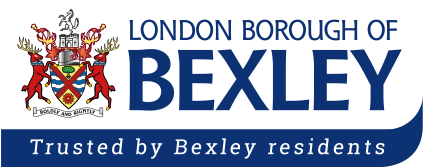Our Community
The VAWG-focused services provided by professionals need to be holistic and have a public health approach. This means we need to listen to the needs of the community, because the prevalence, nature, and sources of VAWG can vary across different boroughs, and even across different wards within Bexley and community groups within those wards. This will help us really understand the local picture so that we can respond accordingly. Having that clear local picture will assist strategic planning and resourcing for all partners involved and make best use of the public resources that are being made available to us to tackle VAWG.
It is important to look at this from a preventative angle rather than just a reactive one. This means taking seriously our conversations and learning from community groups, where feelings of safety or general concerns are raised, even where there may not be evidence of the actuality of such concerns.
This community-led response also seeks to empower and support communities to lead on the delivery of the Strategy in Bexley. This means that residents will take ownership of the call to action to tackle VAWG, with the partnership as their support.
A key community group will be the education and business sectors. There is a clear need to ensure students and employees feel empowered to challenge and report VAWG, and that school staff and employers feel confident responding to them. School and workplace policies and training sessions can, in and of themselves, be powerful in demonstrating that such behaviour is unacceptable.
In the school place, transitional ages (11 and 16) and periods (for example transitioning from primary to secondary; secondary to college) will be key times to ensure that students feel aware of managing new expectations on them. Existing educational services by MOPAC funded voluntary sector groups can be used to deliver such awareness sessions or other interventions in schools, based on the age or educational phase of each student cohort.
Similarly, we must recognise that for VAWG to take place means there are members of our community who are involved in criminality or contributing to the underlying narrative that perpetuates these abuses. A priority community concern will be challenging their behaviour, offering ways out of crime, and showing that there are alternatives to what is/could become an entrenched lifestyle.
Other trusted community leaders, such as faith leaders, will be important to work alongside to ensure that our work tackling VAWG is delivered in a way which is person-centred and which accounts for the beliefs and opinions of each community group.
